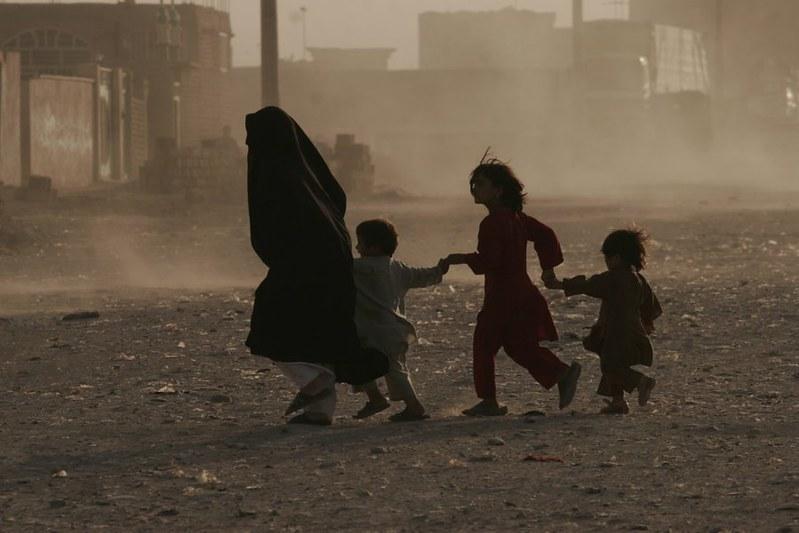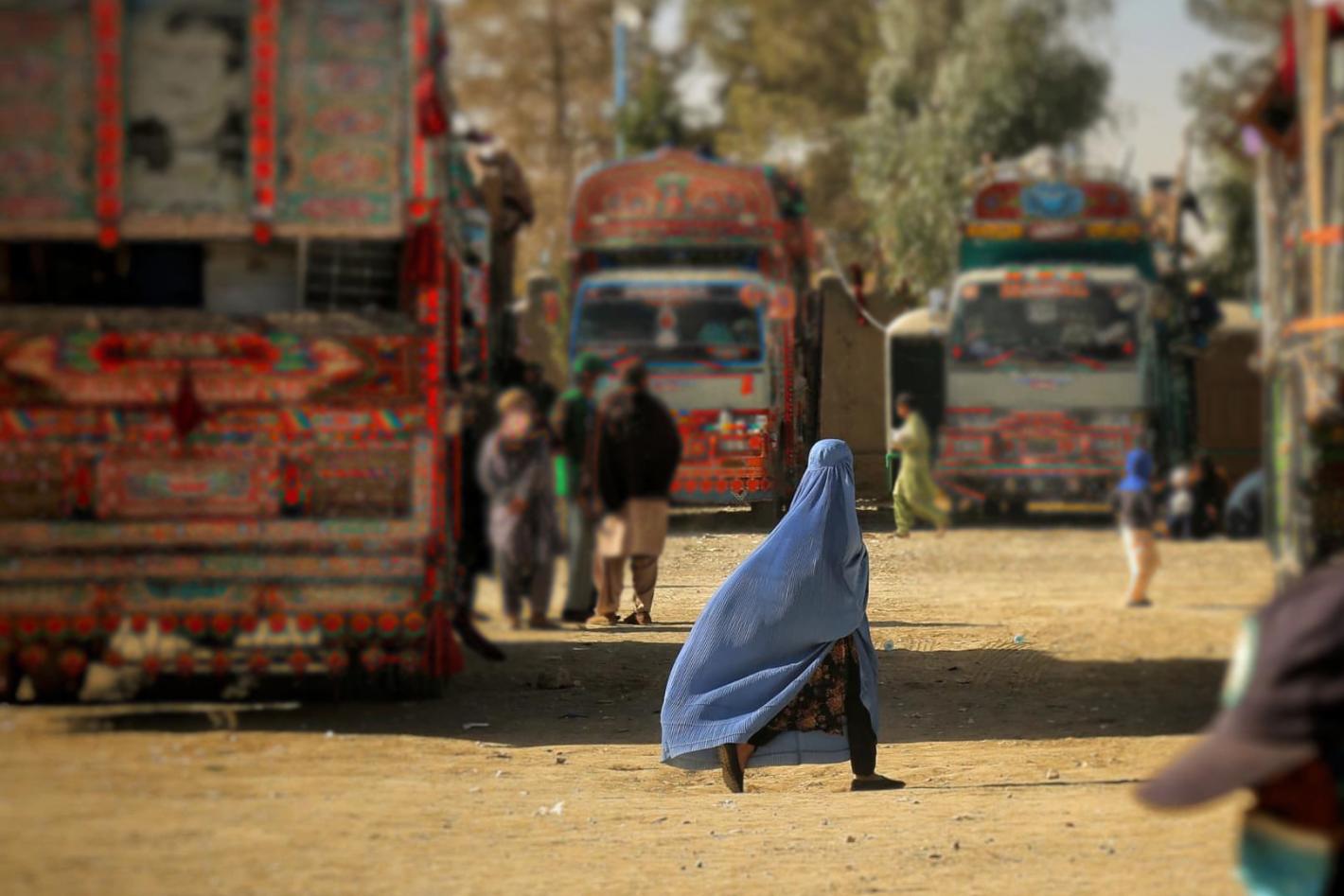KABUL - Some 2.8 million children under five years old in southern, south-eastern, western and eastern Afghanistan will be targeted by a new three-day polio eradication drive to be launched today. English - Dari
The immunization campaign will be kicked-off jointly by the representatives of the United Nations Children Fund (UNICEF), the World Health Organisation (WHO) and the Ministry of Public Health. It is part of an ongoing effort to eradicate polio in Afghanistan – one of just four countries in the world still affected by the crippling disease.
More than 15,000 health workers will travel from house to house in 14 provinces – Farah, Uruzgan, Kandahar, Helmand, Zabul, Nimroz, Kunar, Nuristan, Laghman, Nangarhar, Paktika, Khost, Paktia and Ghazni.
As many families are unable to access health facilities in the rural parts of Afghanistan, this mobile approach is essential in ensuring that every child in the target group is reached. A total of 3.5 million doses of bivalent oral polio vaccine are required for this latest campaign which is led by the Afghan Ministry of Public Health and supported by UNICEF and WHO.
Six rounds of national immunization days (NID) or house-to-house vaccination campaigns targeting almost 7.5 million children, have taken place during 2009. Four rounds of sub-national campaigns (SNID) were conducted for southern, south-eastern, western and eastern regions to stop and prevent the virus from spreading to other parts of the country. Four rounds of NID and four rounds of SNID are planned this year.
Circulation of wild polio virus continues, though limited to few districts. Some 31 cases have been reported in 2008 and 38 cases during 2009. Due to an ever-deteriorating security situation and the related environment of fear, access of vaccination teams to children living in conflict-affected areas is limited. Vaccination coverage is persistently low in these zones, as an average of 100,000 children cannot be reached by either vaccination campaigns or routine immunization efforts. Lack of community awareness and participation, limited female service providers, inadequate health infrastructure and population movement from polio-free areas to polio-endemic areas and vice-versa further enhance the before-mentioned factors.
With 38 cases of polio reported in 2009, the Ministry of Public Health and its partners and major donors for the eradication of polio are redoubling efforts to ensure that every child under the age of five receives polio vaccine.
Peace is necessary to access all children and vaccinate them against polio. It takes just a few seconds to immunize a child – but the results last for a lifetime. Unless polio is eradicated in Afghanistan, the virus will continue to disable children, placing even greater strains upon families. Peace and polio constitute a vital cycle for the future of Afghanistan.
For more information, please contact:
UNICEF Kabul:
Farida Ayari fayari@unicef.org +93 (0) 798 50 7110;
Abdul Aziz Froutan aafroutan@unicef.org +93(0)798507113;
WHO Kabul: Dr Arshad Quddus quddusa@afg.emro.who.int +93 (0) 700 252 650;
Ministry of Public Health: Dr Ahmad Farid Raaid a.raaid@gmail.com +93(0) 799 00 27 93.
Website: United Nations Children’s Fund
Website: United Nations World Health Organization






